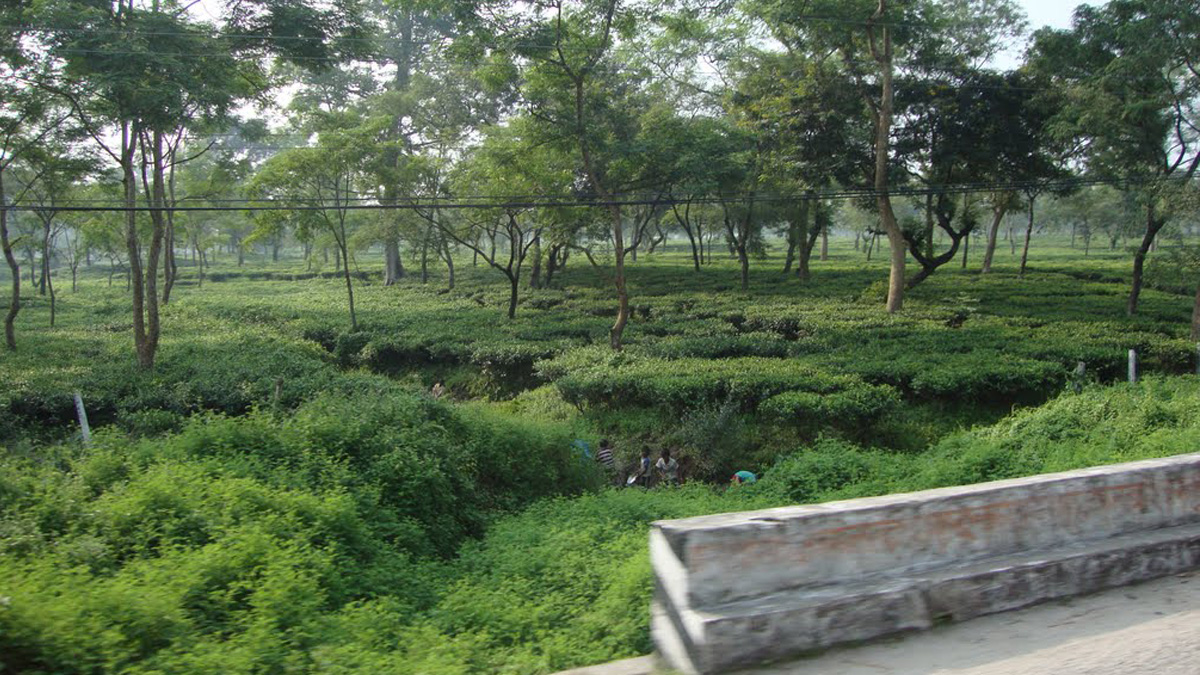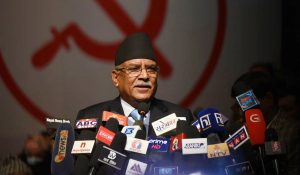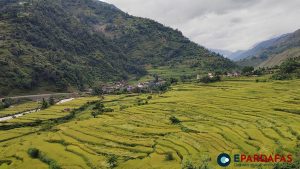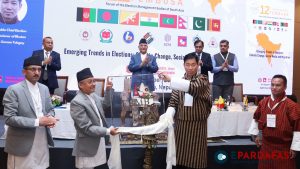
How Did the Giri Bandhu Tea Estate Scam Unfold?

The Supreme Court (SC) has overturned the former KP Oli-led government’s decision regarding the Giri Bandhu Tea Estate land swapping case, stirring renewed interest and scrutiny into the long-standing saga.
Originating during the Panchayat era, the roots of the Giri Bandhu Tea Estate scam trace back to landlords’ maneuvers to evade the nationalization of surplus land. Budhkaran Rajbansi and the Giri brothers ingeniously established tea estates to circumvent land sealing under the Land Act, 2021, leveraging a Gazette notice that exempted around 343 bighas from sealing, provided they operated as tea estates.
Despite Nepal’s transition to a multi-party system, successive amendments to the Land Related Act 2076 ensured the tea estate retained its privileged exemptions. However, recent revelations expose sinister plans to exploit these exemptions for illicit land dealings.
Reports indicate that approximately 51 bighas of land were unlawfully exchanged in 2061, with ongoing efforts to further transact the remaining parcels. The current focus of controversy revolves around the sprawling 280-bigha Giri Bandhu Tea Estate, where allegations suggest a nefarious land swap scheme is underway.
Real estate tycoon Deepak Malhotra finds himself embroiled in the controversy, allegedly investing substantial sums to facilitate the exchange of prime Birtamod land for less valuable plots in Kachanakbal and Jhapa Rural Municipalities.
With the SC’s intervention nullifying the previous government’s decision, attention now turns to the broader implications of the Giri Bandhu Tea Estate scandal, raising critical questions about land governance, transparency, and the rule of law in Nepal’s evolving socio-political landscape.
- Supreme Court Issues Show Cause Order Over Appointment of Nepal Tourism Board CEO
- Fact Check: Kamala Harris and Donald Trump’s Presidential Debate
- UN General Assembly’s 79th Session Opens with Calls for Global Unity and Cooperation
- Artist Suryaman Shankar (IKU) Arrested by CIB for Alleged Fraud in Fake Visa Scheme












Comments